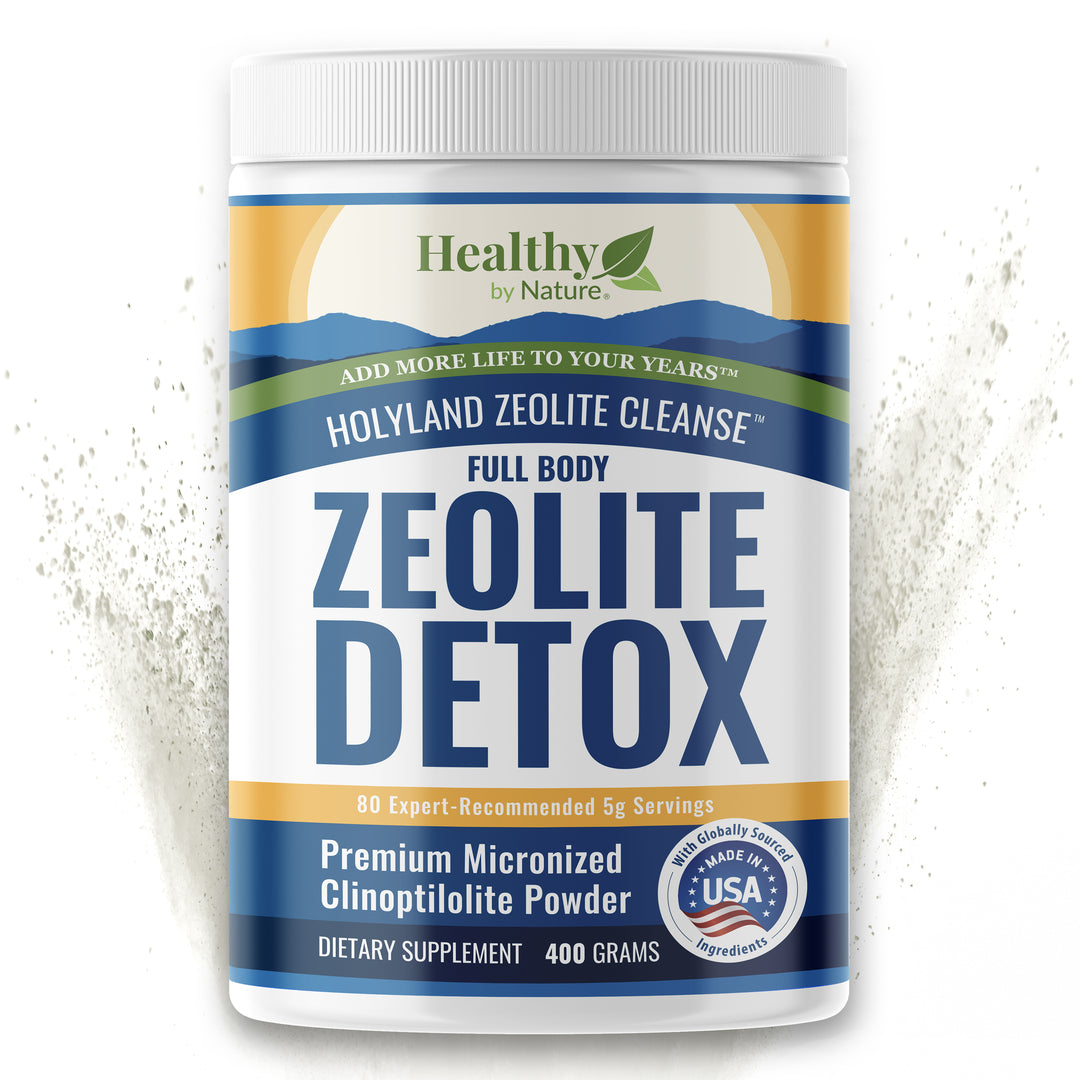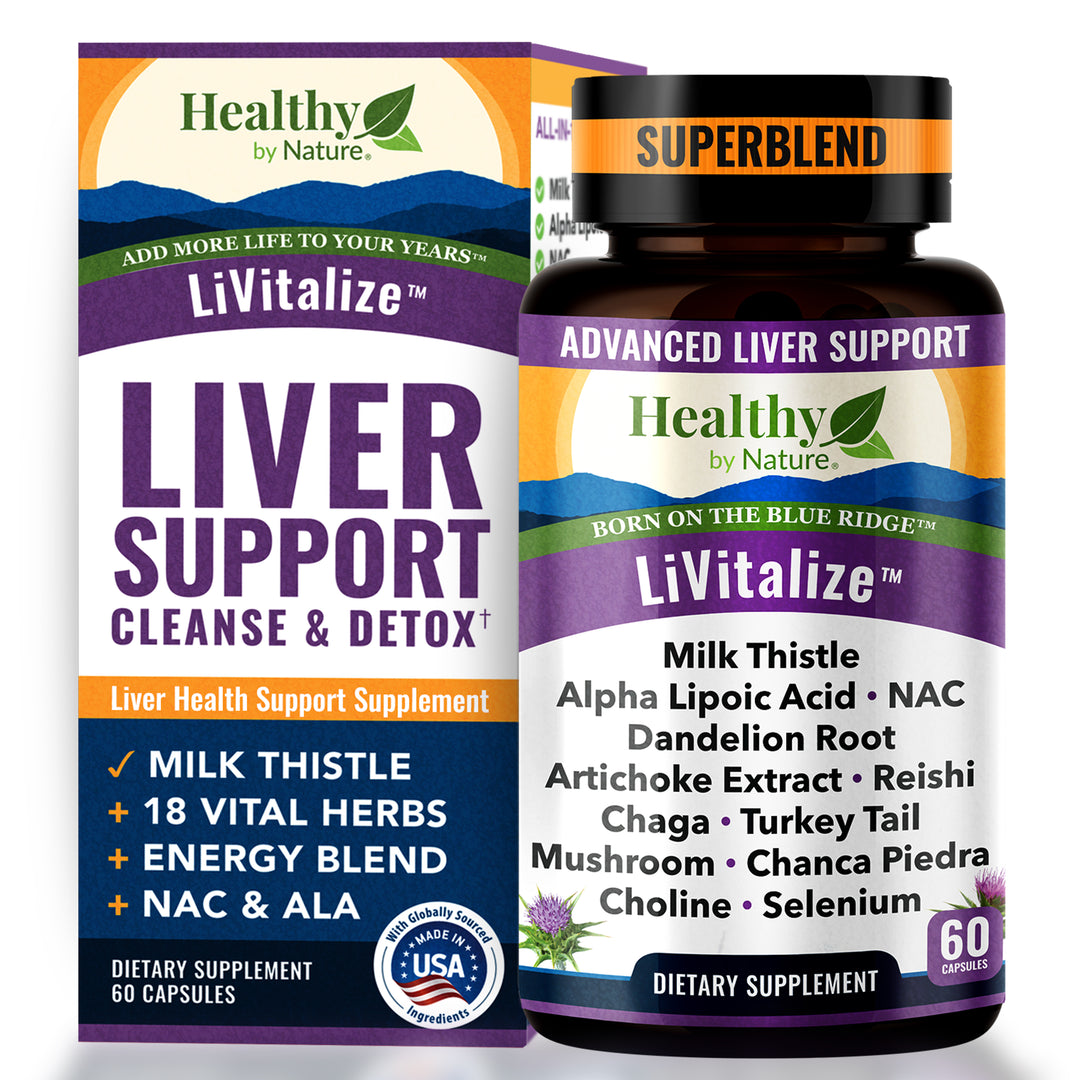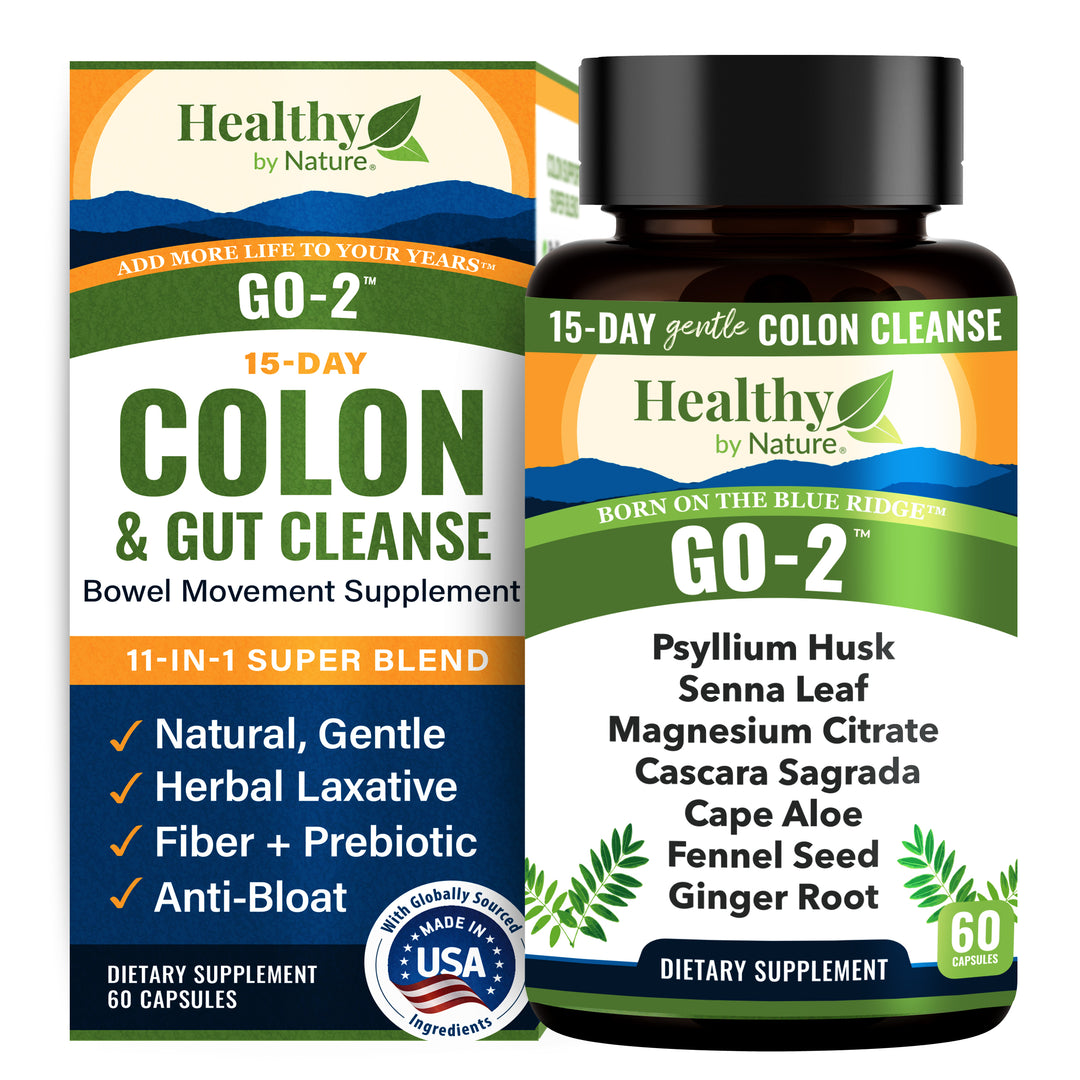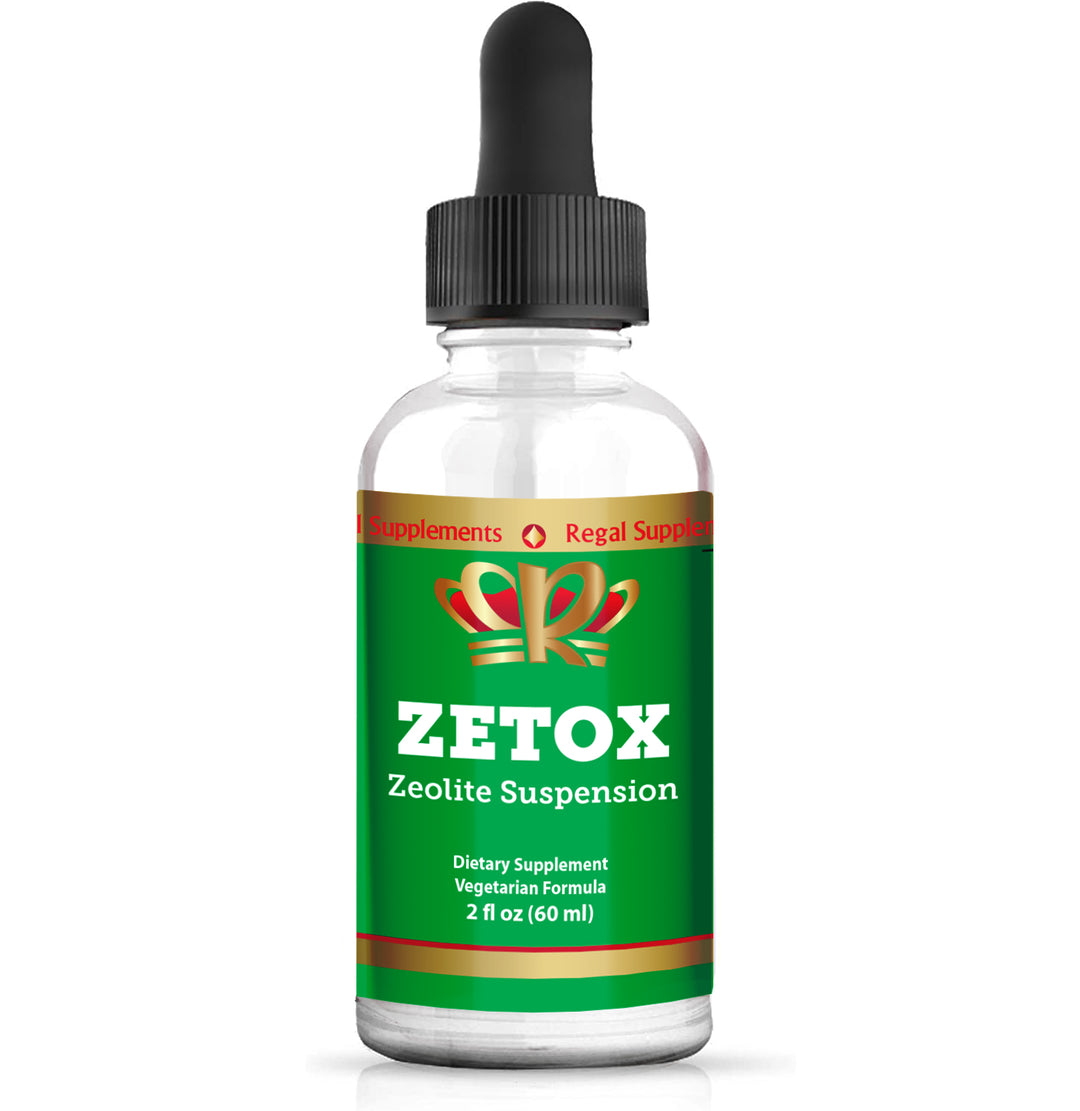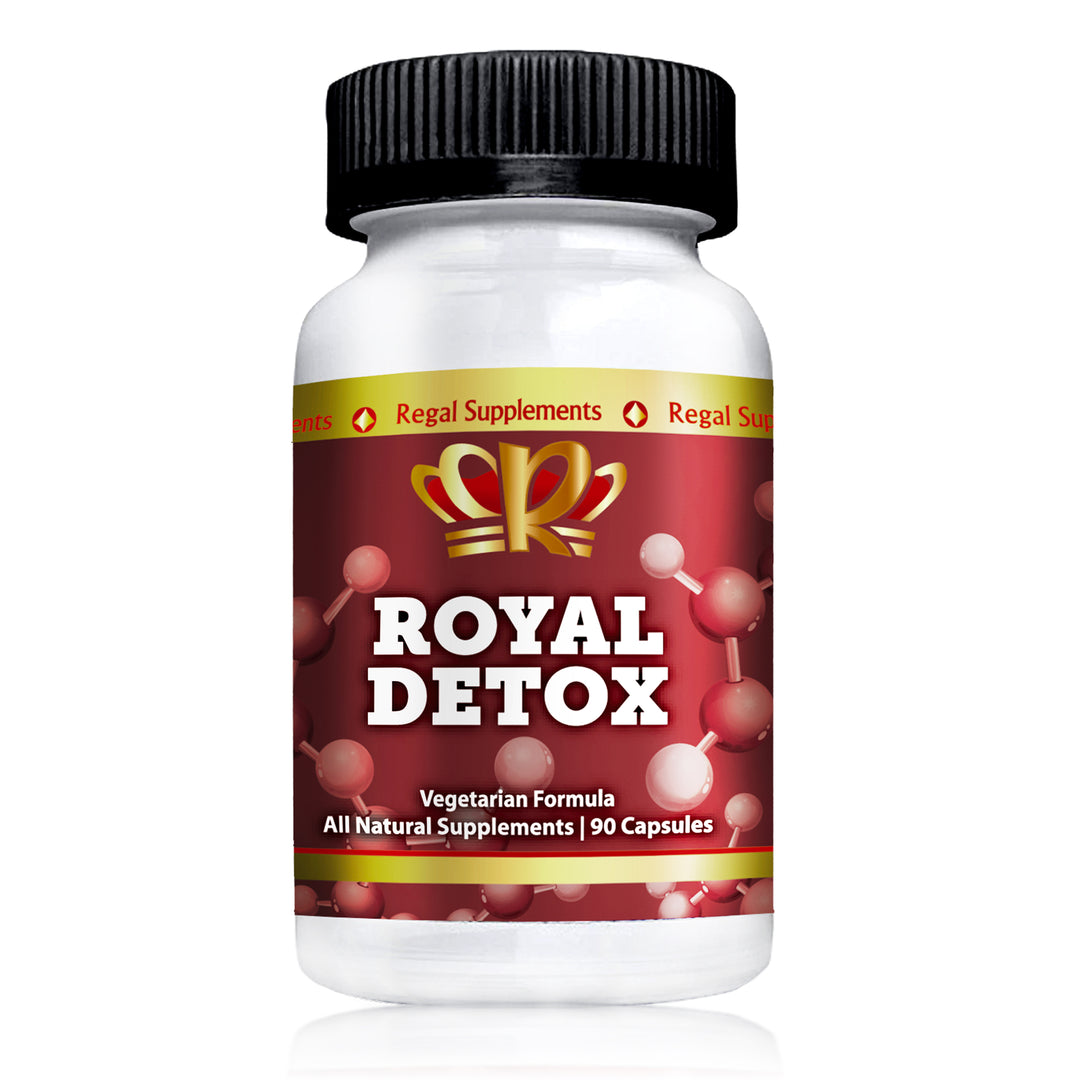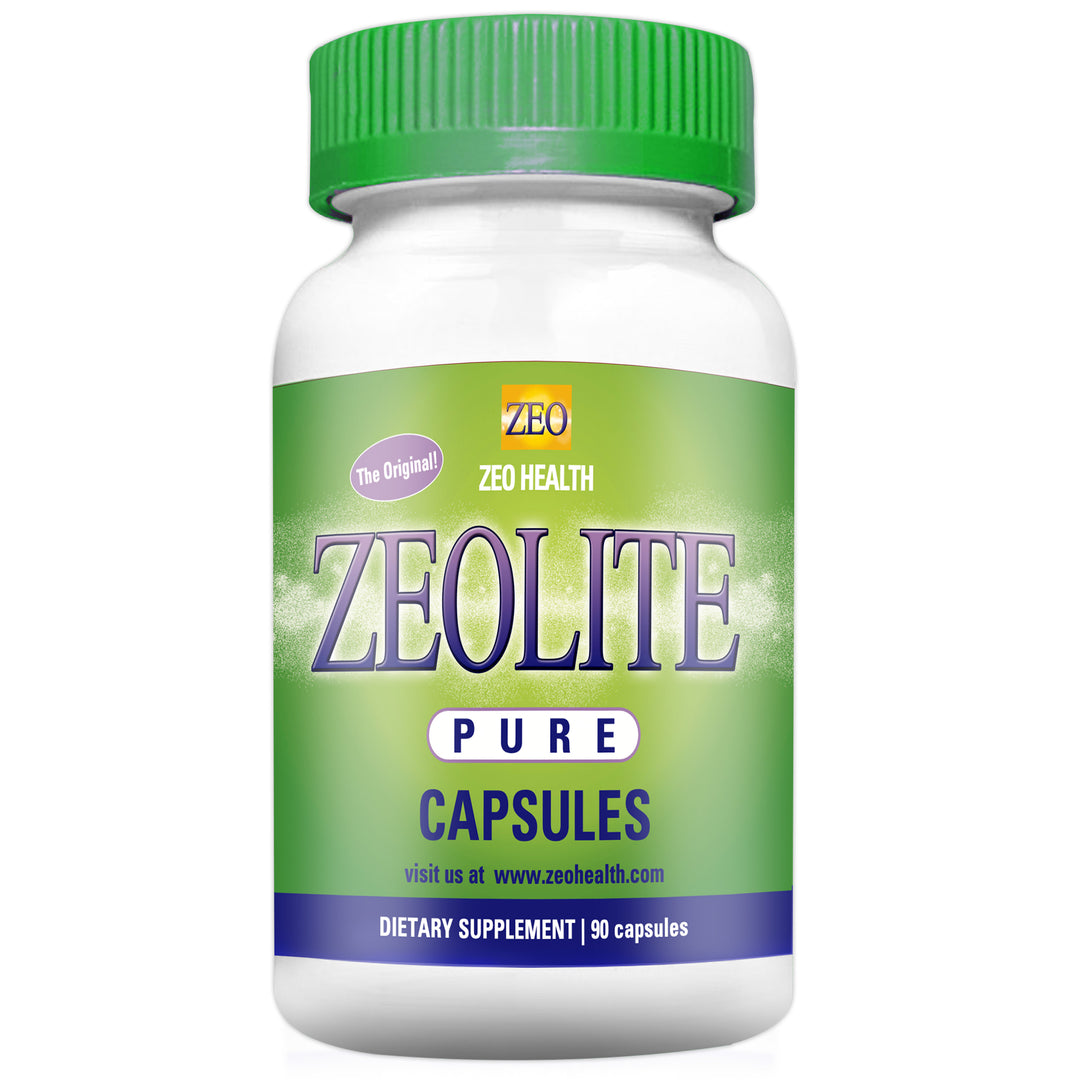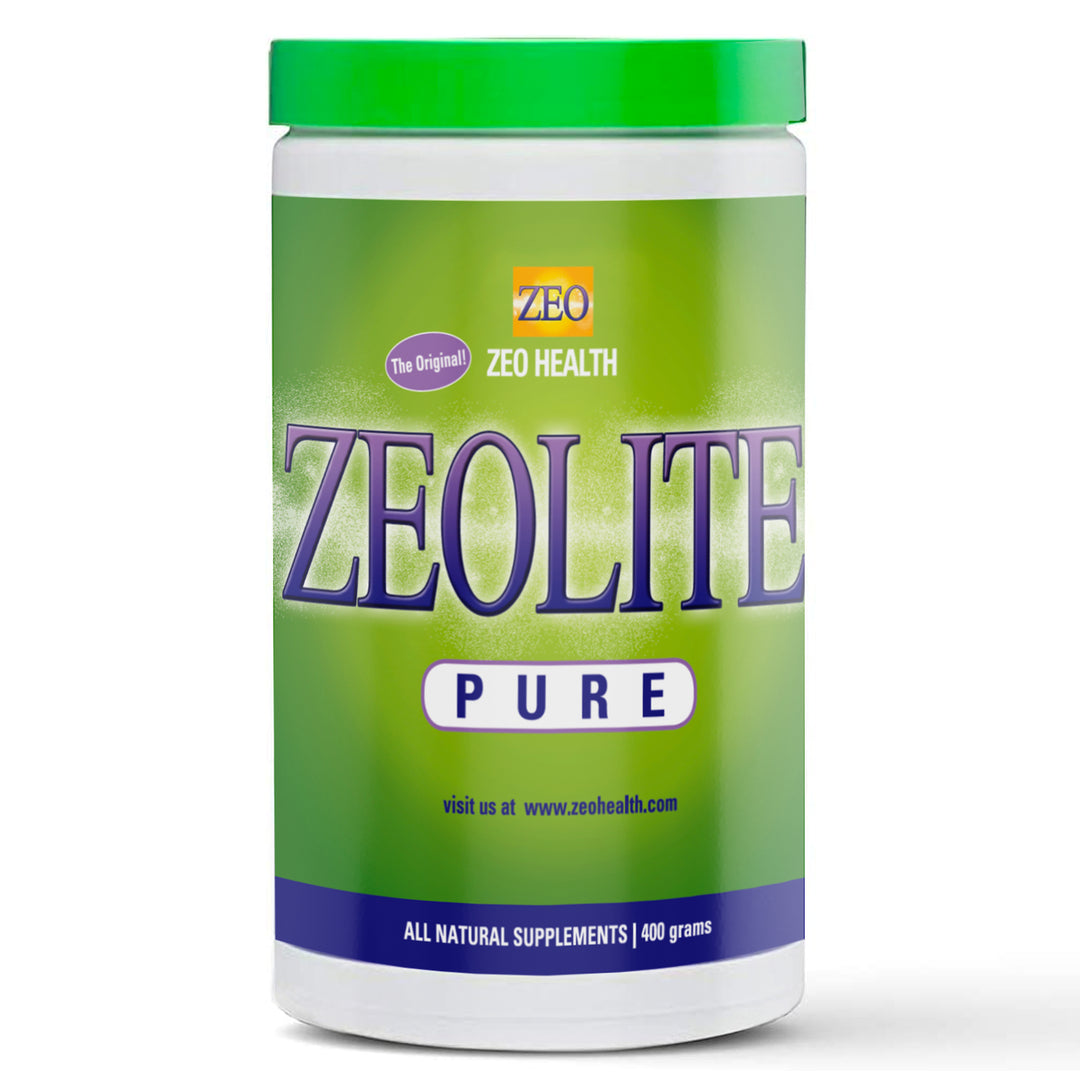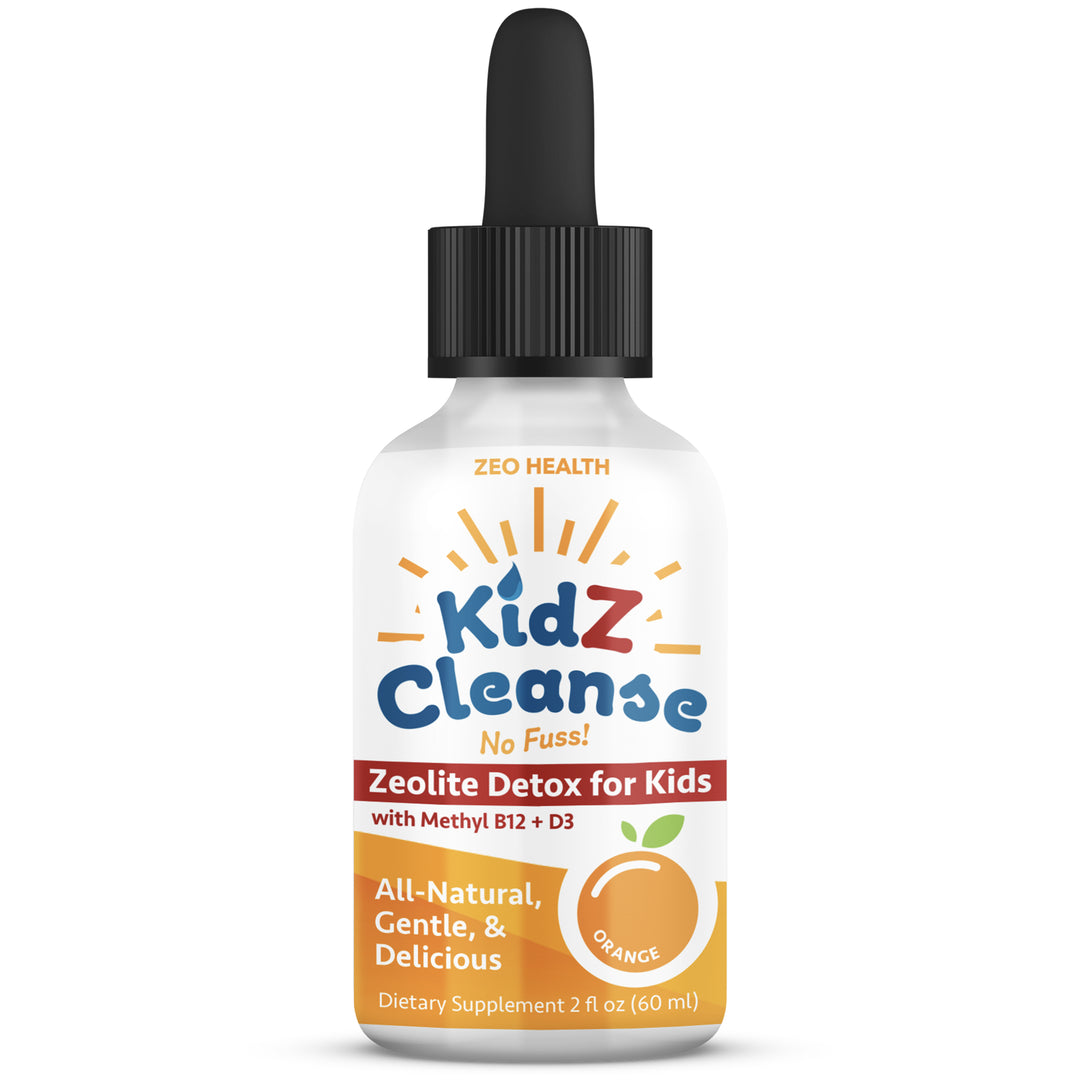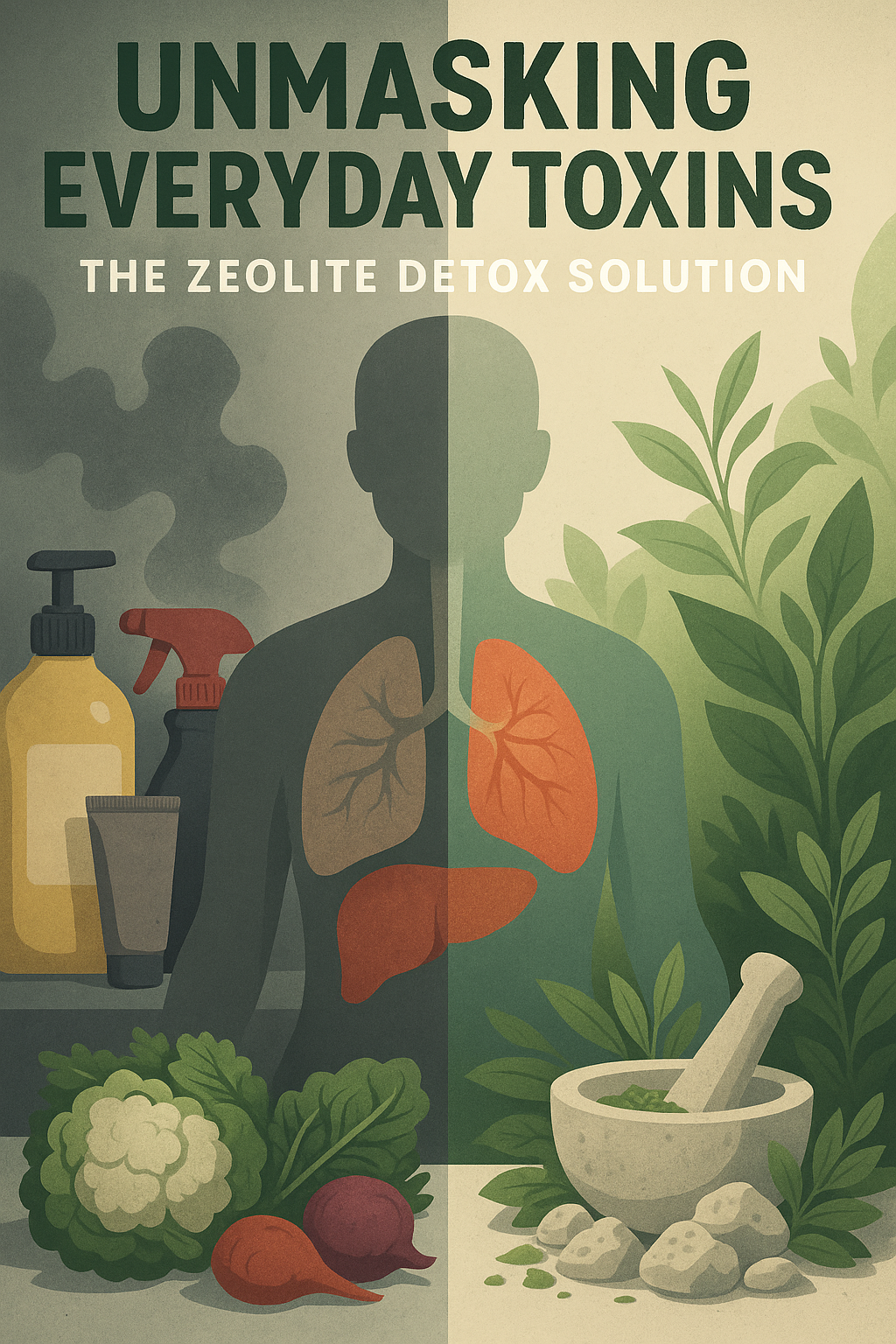Tap water exposed: Our Daily Exposure to Environmental Toxins
Environmental toxins are substances or organisms that can have a harmful effect on human health. They can be found in the air, water, soil, and food, and we are exposed to them on a daily basis.
Some common environmental toxins include:
- Air pollution: Air pollution can contain a variety of harmful substances, including particulate matter, ozone, and nitrogen oxides. Exposure to air pollution can increase the risk of respiratory problems, heart disease, cancer, and other health problems.
- Water pollution: Water pollution can contain bacteria, viruses, parasites, and chemicals. Exposure to water pollution can cause diarrhea, vomiting, cramps, and other health problems.
- Soil pollution: Soil pollution can contain heavy metals, pesticides, and other chemicals. Exposure to soil pollution can cause skin irritation, poisoning, and other health problems.
- Food contamination: Food can be contaminated with bacteria, viruses, parasites, and chemicals. Exposure to contaminated food can cause food poisoning and other health problems.
In addition to these common environmental toxins, there are many other toxins that we can be exposed to in our daily lives. These include:
- Household toxins: Household toxins include cleaning products, pesticides, and other chemicals that are used in the home. Exposure to household toxins can cause skin irritation, eye irritation, respiratory problems, and other health problems.
- Personal care products: Personal care products include cosmetics, toiletries, and fragrances. Many personal care products contain chemicals that can be harmful to health.
- Consumer products: Consumer products include toys, furniture, and other products that we use in our everyday lives. Many consumer products contain chemicals that can be harmful to health.
Exposure to environmental toxins can have a variety of health effects, depending on the type and amount of exposure. Some of the most common health effects of exposure to environmental toxins include:
- Respiratory problems: Environmental toxins can irritate the lungs and airways, and can cause respiratory problems such as asthma, bronchitis, and pneumonia.
- Heart disease: Environmental toxins can damage the heart and blood vessels, and can increase the risk of heart disease, stroke, and other cardiovascular problems.
- Cancer: Environmental toxins can cause cancer by damaging cells and DNA.
- Reproductive problems: Environmental toxins can disrupt the reproductive system and can cause fertility problems, birth defects, and other reproductive problems.
- Neurological problems: Environmental toxins can damage the nervous system and can cause neurological problems such as headaches, dizziness, memory loss, and Parkinson's disease.
The dangers of exposure to common household toxins
Household toxins are a common source of exposure to environmental toxins. Some of the most common household toxins include:
- Cleaning products: Cleaning products can contain a variety of harmful chemicals, such as bleach, ammonia, and lye. Exposure to cleaning products can cause skin irritation, eye irritation, respiratory problems, and poisoning.
- Pesticides: Pesticides are used to kill pests, such as insects, rodents, and weeds. Pesticides can be harmful to humans, even when used according to the label. Exposure to pesticides can cause skin irritation, eye irritation, respiratory problems, and poisoning.
- Other chemicals: Other common household chemicals that can be toxic include paint, paint thinners, solvents, and pool chemicals. Exposure to these chemicals can cause a variety of health problems, including skin irritation, eye irritation, respiratory problems, and poisoning.
Here are some scholarly articles that reinforce the dangers of exposure to common household toxins:
- A study published in the journal Environmental Health Perspectives found that exposure to cleaning products is associated with an increased risk of asthma and allergies in children.
- A study published in the journal Neurotoxicology found that exposure to pesticides is associated with an increased risk of Parkinson's disease.
- A study published in the journal Environmental Health found that exposure to paint thinners is associated with an increased risk of leukemia.
How to reduce your exposure to environmental toxins
There are a number of things that you can do to reduce your exposure to environmental toxins, including:
- Avoid exposure to air pollution by staying indoors on days when air quality is poor.
- Drink filtered water to reduce your exposure to water pollution.
- Avoid using pesticides and other chemicals in your yard and garden.
- Use natural cleaning products instead of harsh chemicals.
- Choose personal care products and consumer products that are free of harmful chemicals.
It is also important to be aware of the dangers of environmental toxins and to take steps to protect yourself and your family from exposure.
Already been exposed to heavy metals and toxins? You can detox naturally with zeolite clinoptilolite powder ...
Try Holyland Zeolite Clinoptilolite Powder. Zeolite works by attracting toxins, surrounding them, and allowing them to be removed by the body for a gentle, natural, full body detox. Learn more >





